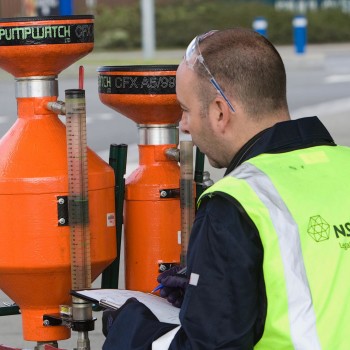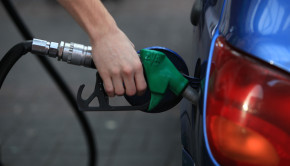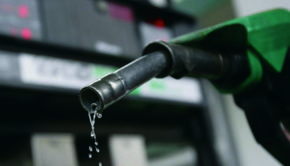393 petrol stations (7%) issued with warnings following NSAI inspections

Out of nearly 6,000 petrol/diesel pumps tested by the NSAI last year, just 393 were not calibrated properly
5 October 2015
In positive news for forecourt retailers, last year saw a sharp rise in correctly calibrated petrol/diesel pumps, according to new figures released by the National Standards Authority of Ireland (NSAI).
In fact, of the 5,941 petrol/diesel pumps tested by NSAI Legal Metrology inspectors to ensure they were calibrated correctly, just 393 failed (7%). However 21% of weighing scales in shops tested by NSAI inspectors failed.
“NSAI’s inspectors not only protect consumers, they also look out for traders as well,” said head of NSAI’s Legal Metrology Division, Paul Turner. “We have had instances where petrol pumps can over-dispense. Ensuring petrol pump instruments are tested on an annual basis, not only increases consumer confidence, but also can potentially save business owners thousands of euros in lost petrol/diesel,” he added.
Some of the reasons for failures include that the petrol/diesel pumps had recently been repaired, altered or adjusted, or the seals were broken or damaged. NSAI inspectors issued warnings to the businesses affected, specifying that the issue be rectified within a certain time frame.
In total, throughout 2014, the NSAI Legal Metrology inspectors conducted 5,659 site visits to businesses, testing 15,032 instruments, from alcohol or liquor dispensers to scales for retail and points of sale.
NSAI also developed and launched a new standard in Energy Efficient Design Management in 2014, the first of its kind worldwide, reinforcing Ireland’s position as a global leader in energy efficiency standards. This standard aims to help businesses’ minimise energy consumption and make significant savings. Diageo, Eli Lilly, GSK, Astellas, and Pfizer have all implemented this design process saving potentially tens of millions of euro in energy costs.
Commenting on NSAI’s annual report, Minister for Business and Employment Ged Nash said: “To remain competitive, Irish businesses must operate to the highest standards – those who buy Irish products and services not only within our domestic market but also in Europe and internationally expect nothing less. Increasingly, certification to standards is becoming the expected norm for international trade and for inward investment.”



 Print
Print




Fans 0
Followers